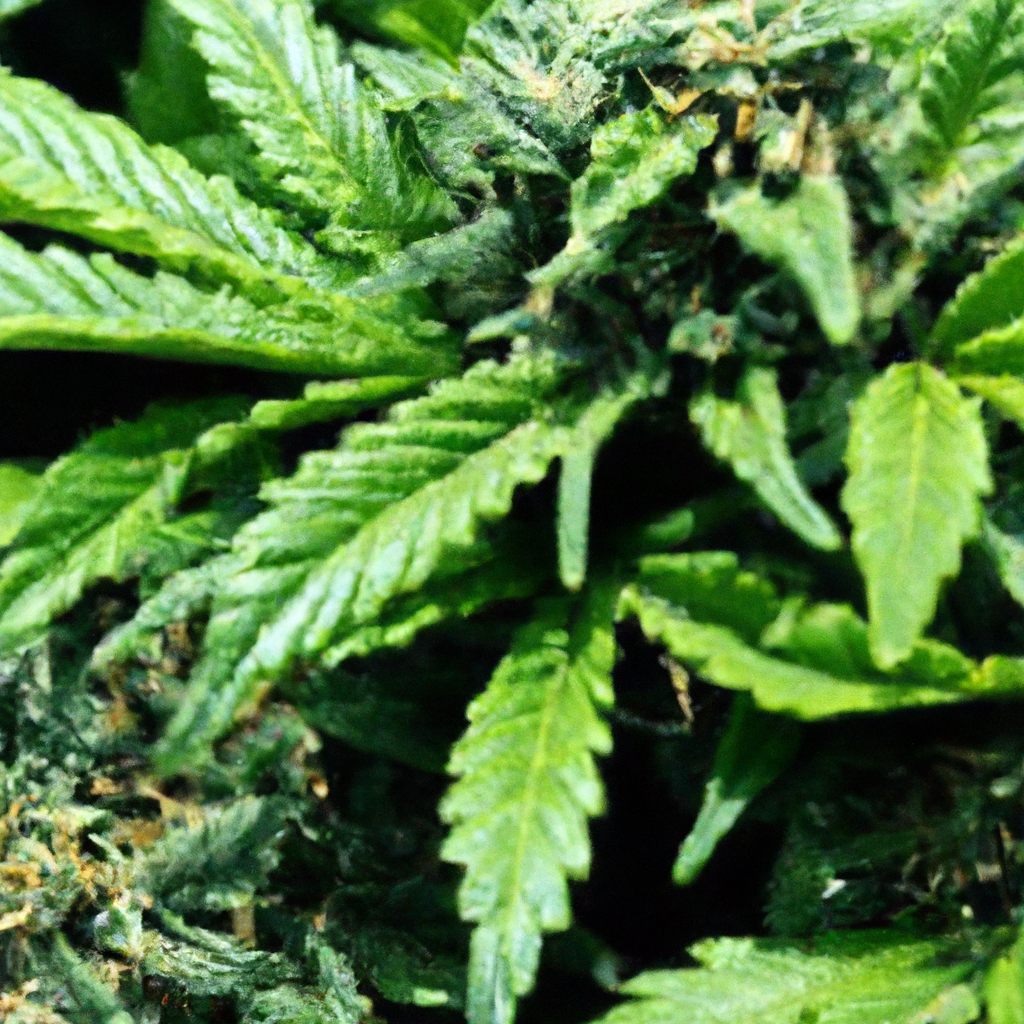Your cart is currently empty!
In a world increasingly focused on sustainable practices, organic cannabis cultivation stands as a shining example of marrying nature with agriculture. This article will explore the best eco-friendly methods to grow cannabis without synthetic chemicals, focusing on natural fertilizers, composting, and pest control while promoting environmental health and consumer benefits.
Building Healthy Soil Ecosystems
The foundation of organic cannabis cultivation lies in nurturing robust soil health. A healthy soil ecosystem is rich in organic matter and teeming with beneficial microbes. Here’s how you can build one:
- Composting: By creating a compost pile with kitchen scraps, yard waste, and organic materials, growers can develop a nutrient-rich supplement for their soil.
- Companion Planting: Integrate plants like clover, chamomile, and basil to enhance soil nutrients and attract beneficial insects that naturally control pests.
- Soil Amendments: Incorporate natural amendments like bone meal, dolomite lime, and rock phosphate to balance pH and provide essential nutrients.
Natural Fertilizers: A Win-Win for You and Nature
While synthetic fertilizers can damage the environment, natural alternatives offer a sustainable, effective solution for cannabis cultivation:
- Worm Castings: This “black gold” is full of nutrients and beneficial microbes that enhance soil health and boost plant growth.
- Fish Emulsion: Rich in nitrogen, fish emulsion is a great way to enhance foliage development.
- Bone Meal: A superb source of phosphorus, essential for root development and flower production.
Organic Pest Control: Keeping Problems at Bay Naturally
Pest management is crucial in cannabis cultivation. Avoiding synthetic pesticides and opting for natural methods is beneficial for both plants and the ecosystem:
- Neem Oil: This natural insecticide deters pests like aphids and spider mites without harming beneficial insects.
- Diatomaceous Earth: As a physical barrier, it effectively controls crawling insects by dehydrating them.
- Insecticidal Soaps: These soaps are easy to make at home and can manage soft-bodied insects by disturbing their cell membranes.
Environmental and Consumer Benefits of Organic Cannabis
Growing cannabis organically not only sustains the environment but also provides numerous consumer benefits:
- Healthier Products: Free of synthetic residues, organic cannabis is cleaner, offering safer consumption for users.
- Environmental Impact: Organic growing reduces pollution, enhances biodiversity, and promotes soil regeneration.
- Enhanced Flavors and Aromas: The robust terpene profile of organic cannabis enhances its aroma and taste, offering a superior consumer experience.
Conclusion
By adopting eco-friendly methods for organic cannabis cultivation, growers not only contribute to environmental sustainability but also produce a product that benefits consumer health and well-being. Organic practices such as soil health maintenance, natural fertilization, and pest control allow for a greener, more sustainable future in cannabis cultivation.
Embrace nature’s way, for a better planet and a healthier harvest.
Tags: NaturalFertilizers, PestControl, SoilHealth, OrganicGrowing, SustainablePractices
Discover more from Magic Clones
Subscribe to get the latest posts sent to your email.


Leave a Reply